Table of Contents
- Introduction
- Private vs. Commercial Vehicle – What Sets Them Apart?
- How to Convert a Private Vehicle to Commercial
- Documents You’ll Need
- Fees and Permits
- How to Check Your Application Status
- Commercial Vehicle Insurance — What You Actually Need
- Renewing Your Commercial Vehicle Registration
- Conclusion
In India, private to commercial vehicle registration is a must if you want to use a private vehicle for business. Many delivery drivers, cab operators, and small business owners convert their vehicles to commercial use to comply with transport laws and avoid fines or insurance claim rejection.
Converting a private vehicle to commercial status requires updated registration, insurance, permits, and often a visit to the local RTO, either online or in person.
This article outlines the step-by-step process, required documents, fees, and renewal details so you can complete the conversion correctly and stay legally compliant.
Private vs. Commercial Vehicle – What Sets Them Apart?
At a glance, a car is a car. But under Indian motor vehicle law, how it’s used and how it’s registered makes all the difference. A private vehicle is meant for personal use. Once you start using it to transport goods, carry passengers for a fee, or run a business, it becomes a commercial vehicle in the eyes of the RTO.
This isn’t just a technicality. Everything from your insurance to your tax rate to your license plate changes once that shift happens. Here’s a quick breakdown of how the two categories differ:
Comparison Table: Private vs. Commercial Vehicle
| Feature | Private Vehicle | Commercial Vehicle | Legal Implication if Misused |
| Insurance | Private motor insurance | Commercial motor insurance (higher premium) | Driving commercially on private insurance can void claims and attract penalties. |
| Number Plate Format | White plate with black letters | Yellow plate with black letters | Operating a commercial vehicle with a white plate is illegal and may result in vehicle seizure. |
| Permit Requirement | Not required | Mandatory (state or national, depending on use). | Carrying goods or passengers without a valid permit can result in fines or suspension of registration. |
| Road Tax | One-time or lifetime in most states | Periodic, often annual or quarterly. | Failure to pay commercial road tax can attract penalties and prevent renewal of registration. |
| Fitness Certificate | Typically not required for new vehicles | Required; renewed periodically. | Driving without a valid fitness certificate can lead to fines and vehicle impoundment. |
| Usage Restrictions | Cannot be used for paid transport | Cannot operate without proper registration and permit. | Misuse under either category can result in penalties, insurance invalidation, and loss of licence. |
Using a private vehicle for commercial purposes without converting it officially can result in fines, vehicle seizure, and invalidated insurance claims in case of an accident.
How to Convert a Private Vehicle to Commercial
If you have a car for personal use and now you want to put it to work — let’s say for deliveries, transport, or even ride-hailing — there’s a process to follow.
Here’s how people are doing it now.
First, head to the Vahan website
This is where you kick things off. Look up Vahan Citizen Services and open the site. Then pick your state and the RTO your vehicle belongs to. You’ll have to accept some terms and other requirements — nothing major. Just click through it.
You’ll be asked for your vehicle number — the one on the plate. Enter it and move on.
Now, pick the service
From the menu, there’s a bunch of options. One of them says “Conversion of Vehicle.” That’s your pick.
As soon as you click that, the site throws up a message asking if you have some documents ready. Insurance papers, pollution certificate, RC, and a letter stating you want to convert the vehicle. If you have those in place, click “Yes” and keep going.
After that, confirm it’s your vehicle
They’ll ask for your chassis number and your mobile number. Put both in. You’ll get an OTP on your phone. Type that in and the site pulls up your vehicle’s details.
Look at what’s there. If your insurance has expired, stop right there and get that sorted first. The portal won’t let you go further with expired insurance.
Fill in what you’re converting it to
You’ll be asked what the vehicle is going to be used for now — transporting goods, carrying passengers, or something else. Pick the right type and class. Pick what actually applies, because this is what gets printed on the papers later.
Time to pay
Once you’re done with the details, you’ll get to the payment screen. There’s a fee. The amount can vary depending on where you live. Accept the terms, choose your bank, and pay online.
You’ll get a receipt. Download it or print it. Just don’t lose it.
One last thing — they might want to see the vehicle
This isn’t always the case. But sometimes, especially in certain states or with older vehicles, the RTO will ask you to bring the vehicle in. It’s usually just a basic inspection. They check the chassis number, see if everything matches, and sign it off.
If they call you in, take all your documents and show up on time.
Once it’s approved, your vehicle officially switches over to commercial status. You’re legal, you’re insured, and you’re clear to get to work.
Documents You’ll Need
You’ll need a bunch of paperwork to get this done. Some of it is obvious, some of it isn’t — and if even one’s missing, the application can stall.
Here’s what to keep ready:
- Registration Certificate (RC)
Must be in your name. If it isn’t, get that transferred first. - Valid Insurance Certificate
Not expired. This should be active during the conversion process. You’ll switch to commercial insurance after approval. - PUC (Pollution Under Control) Certificate
Needs to be up to date. Even a few days out of date, and they’ll block the process. - Fitness Certificate
Required for older vehicles, or depending on the vehicle category. Some states are strict about this. - No Objection Certificate (NOC)
Only if the vehicle is under loan. Get this from your bank or finance company. - Letter of Intent (LOI)
Just a simple handwritten or typed note saying you want to convert the vehicle for commercial use. - Identity Proof
Aadhaar usually works. Carry one more (like PAN or Voter ID) just in case. - Address Proof
Utility bill, rent agreement, or anything that matches the address on your ID. - Tax Receipts
If you’ve already paid any part of the commercial road tax or permit fees, take the receipts along. - Permit-related Documents
Depends on whether the vehicle is being converted for goods or passenger use. Check with your local RTO if unclear. - Passport-sized Photographs
Not always needed, but if you’re called in for inspection, they might ask. - Affidavit (if applicable)
Some RTOs ask for a signed declaration stating that the vehicle will be used only for commercial purposes going forward.
Tip: Keep scanned PDFs ready if applying online, and hard copies neatly filed if you’re asked to visit in person. Having both saves time at the counter.
Fees and Permits
There’s no fixed amount for this. You’ll pay in pieces, and it depends on what kind of vehicle you have, which state you’re in, and what kind of work you’re using it for.
Here’s what you’re likely to deal with:
Basic RTO Conversion Fee
- Conversion processing: ₹1,000–₹1,500
What you pay to update your registration from private to commercial. - New RC/Smart card fee: ₹200–₹300
If your RTO issues a fresh card with the new details.
Road Tax (The Big Variable)
This is the part that changes the most. You don’t pay lifetime tax for commercial vehicles like you do for private ones. It’s usually quarterly or annual.
| State | Estimated Road Tax (Small Commercial Vehicle) |
| Maharashtra | ₹500 – ₹1,500 per quarter |
| Delhi | ~₹1,000 per quarter |
| Karnataka | ₹1,200 – ₹2,000 per year |
| Tamil Nadu | ₹5,000+ annual (for vans/light carriers) |
Bigger vehicle = higher tax
Every RTO has its own slab — check locally or on the Vahan site.
Permit Charges (If Applicable)
Not every vehicle needs one. But if you’re crossing districts, state borders, or carrying passengers for money you will need permit charges.
- Local goods permit: ₹1,500 – ₹3,000
- National permit: ₹15,000+
- Taxi/school van permit: ₹4,000 – ₹10,000 (varies by RTO)
These are mandatory if you’re carrying goods or people for hire.
Other Possible Charges
These aren’t always mentioned, but they pop up:
- Affidavit for commercial use: ₹50 – ₹100 (not all states)
- Late fees: If PUC or fitness cert is expired
- Agent service fee: ₹2,000 – ₹5,000 (if you go through a middleman)
Real Talk: Total Cost?
- Bare minimum (no permit, light vehicle, self-managed): ₹1,500 – ₹2,500
- With permits, inspection, and tax: ₹10,000+
- With national permit or agent help: Can go up to ₹20,000 or more
Tip: Call your RTO or talk to someone who’s done it recently. That’ll give you the most accurate number.
How to Check Your Application Status
So you’ve submitted the conversion application, made the payment, maybe even uploaded your documents. Now what?
Instead of waiting around or calling the RTO, you can check the status online. It doesn’t take long if you know what to do.
Here’s how it actually works:
Start by heading to the Vahan Citizen Services site. Same place you used to start your application. Once you’re there, choose your state and the RTO your vehicle’s registered under. You’ll have to agree to the privacy terms (click, move on).
Look for a section called “Know Your Application Status.” Depending on the version of the site, this might be tucked under a “Status” tab, or sitting on the left-hand side. Found it? Good. Click through.
Now comes the important bit. You’ll be asked to enter either:
- The application number (if you saved it), or
- Your vehicle registration number (in case you didn’t)
Once you type that in, fill out the captcha (the blurry characters), and hit submit.
What you’ll see next is a live update on your application. It’ll tell you whether:
- Your payment has gone through
- They’re still reviewing documents
- A physical inspection has been scheduled
- Or, best case, your conversion has been approved
If something’s wrong, like a document missing or payment not processed, that’ll usually show up there too. You can also search online using terms like ‘Vahan conversion status check’ or ‘RTO application tracking’ for your region.
And if nothing changes for more than a few working days? That’s when you call or visit the RTO. But usually, things move along without needing a follow-up.
Commercial Vehicle Insurance — What You Actually Need
Once your vehicle becomes commercial, your old insurance doesn’t work. Even if it’s still valid, it’s not enough. If you get into an accident while doing business, your claim will be denied. No discussion.
So yes, you need a new commercial policy.
Call your insurer and tell them you’ve converted the vehicle. Some will cancel your private plan and offer a commercial one. Others won’t — in that case, just find another company.
Big names such as ICICI, HDFC, SBI, and others sell these policies. Compare a few quotes. Pick one. Expect the premium to be higher — that’s normal.
They might ask for:
- Your updated RC
- PUC certificate
- Fitness cert (if the vehicle’s old)
- A few photos
Once you’ve paid, you’ll get the new policy. Save it. You might need to upload it or show it during inspection.
And don’t wait. If you’re using the vehicle for work and still have private insurance, you’re completely exposed. Get this sorted before you hit the road.
Private vs. Commercial Vehicle Insurance
| Feature | Private Insurance | Commercial Insurance |
| Coverage Type | Personal use only | Business and goods/passenger transportation |
| Claim Validity During Work Use | Invalid if used for commercial activity | Valid during business use |
| Premium | Lower | Higher (typically 20–50%) |
| Add-ons | Basic (e.g., zero depreciation, roadside assistance) | Extended (driver cover, passenger liability, business use cover) |
| Who Needs It | Personal car or family vehicle owners | Delivery drivers, fleet owners, taxis, ride-hailing operators |
| Legal Implication if Misused | Insurance claims rejected and possible fine if caught using for hire | Must match declared use; incorrect declaration can lead to cancellation. |
Renewing Your Commercial Vehicle Registration
Commercial registrations don’t last forever. At some point, usually after a few years, you’ll need to renew it. And unlike private vehicles, commercial ones get looked at a little more closely.
Here’s what usually happens:
First, head to your RTO. Some states let you start the process online, but most will want the vehicle brought in for inspection, especially if it’s over eight years old.
They’ll ask you to fill out a renewal form. It’s a basic one — nothing complicated. Bring your documents with you:
- RC
- Fitness certificate
- Valid insurance
- PUC
- ID proof
You pay the renewal fee, then wait for the officer to inspect the vehicle. If everything checks out — tyres, chassis number, overall condition — you’ll get the green light. They update the record, and you’re good for another term.
If something’s off, say the fitness cert is expired or the vehicle’s not in usable condition, they might hold it up. So make sure you’ve done the prep before showing up. Your fitness certificate must also be renewed along with registration — usually every two years after the first term
Vehicles over 15 years may face restrictions in some states (Delhi NCR, etc.) — high-ranking guides include that.
That’s it. Get the papers ready, bring the vehicle in, get the stamp. Done.
Conclusion
If you’re using your vehicle for work, there’s no way around it — you have to convert the registration. Driving with private tags while doing commercial work is asking for trouble. One stop at a checkpoint, one claim rejection, and it’ll cost you way more than the time it takes to do this properly.
The process can be time consuming – you’ll fill forms, upload docs, maybe visit the RTO. But once it’s done, you’re legal. You’re covered. And more importantly, you can actually get to work without looking over your shoulder.
Get your papers in order, don’t delay the insurance, and follow through. It is a one-time effort that saves you from constant risk.
Need reliable logistics solutions for your business?
Tata nexarc helps businesses streamline their supply chain with trusted transporters, competitive pricing, and real-time tracking – ensuring timely and cost-effective delivery across India.
FAQs
Can I convert a leased vehicle to commercial use in India?
Is there a vehicle age limit for converting to commercial registration?
There’s no nationwide limit, but many states restrict commercial use of vehicles older than 8–10 years. Always check local RTO norms.
Do I need a fitness certificate before or after conversion?
A valid fitness certificate is mandatory after conversion. Your vehicle must pass a roadworthiness test at the RTO.
What happens to my existing road tax when I convert my vehicle?
Road tax is recalculated based on commercial rates. Any balance from private use isn’t adjusted. You’ll need to pay the commercial rate separately.
Can electric vehicles be converted to commercial use?
Yes, EVs can be converted to commercial use, provided they meet state-specific fitness, insurance, and permit requirements.
Is commercial vehicle insurance mandatory immediately after registration conversion?
Can I convert a private vehicle to commercial and still use it for personal reasons?
No. A vehicle registered for commercial use must strictly follow business-use guidelines under MV Act. Dual use is not permitted.
How long does the conversion process typically take?
Online processing can take 3–7 working days. Physical inspection (if required) might delay this depending on RTO backlog.
Are there state-wise differences in conversion rules?
Can a vehicle registered in one state be converted in another?
Swati is a passionate content writer with more than 10 years of experience crafting content for the business and manufacturing sectors, and helping MSMEs (Micro, Small and Medium Enterprises) navigate complexities in steel procurement, and business services. Her clear and informative writing empowers MSMEs to make informed decisions and thrive in the competitive landscape.
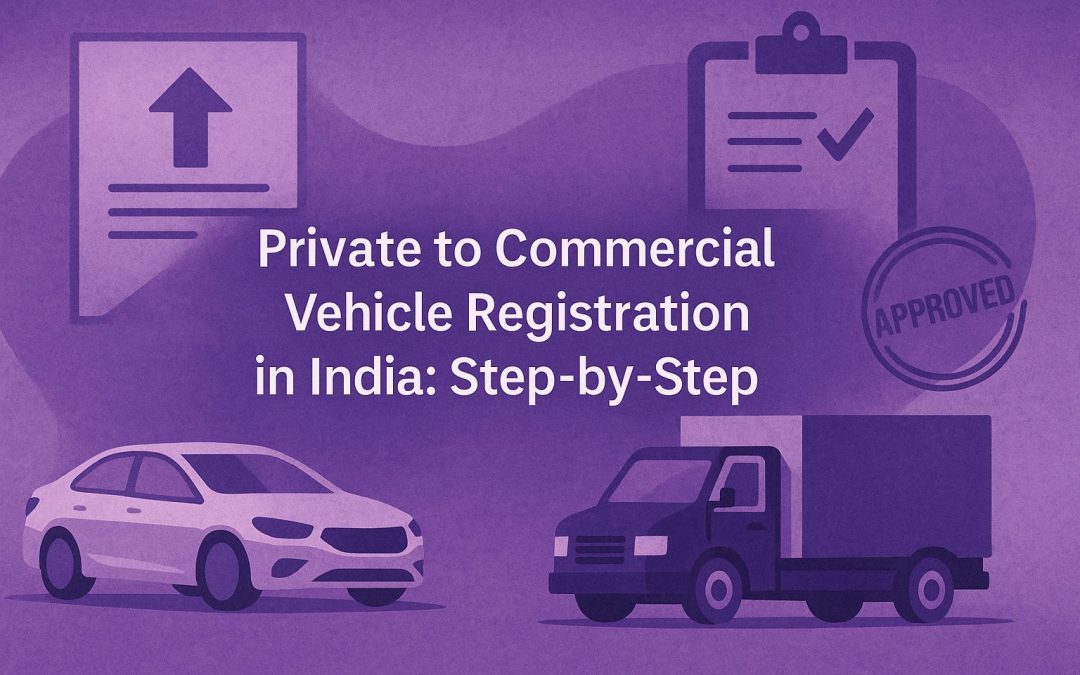

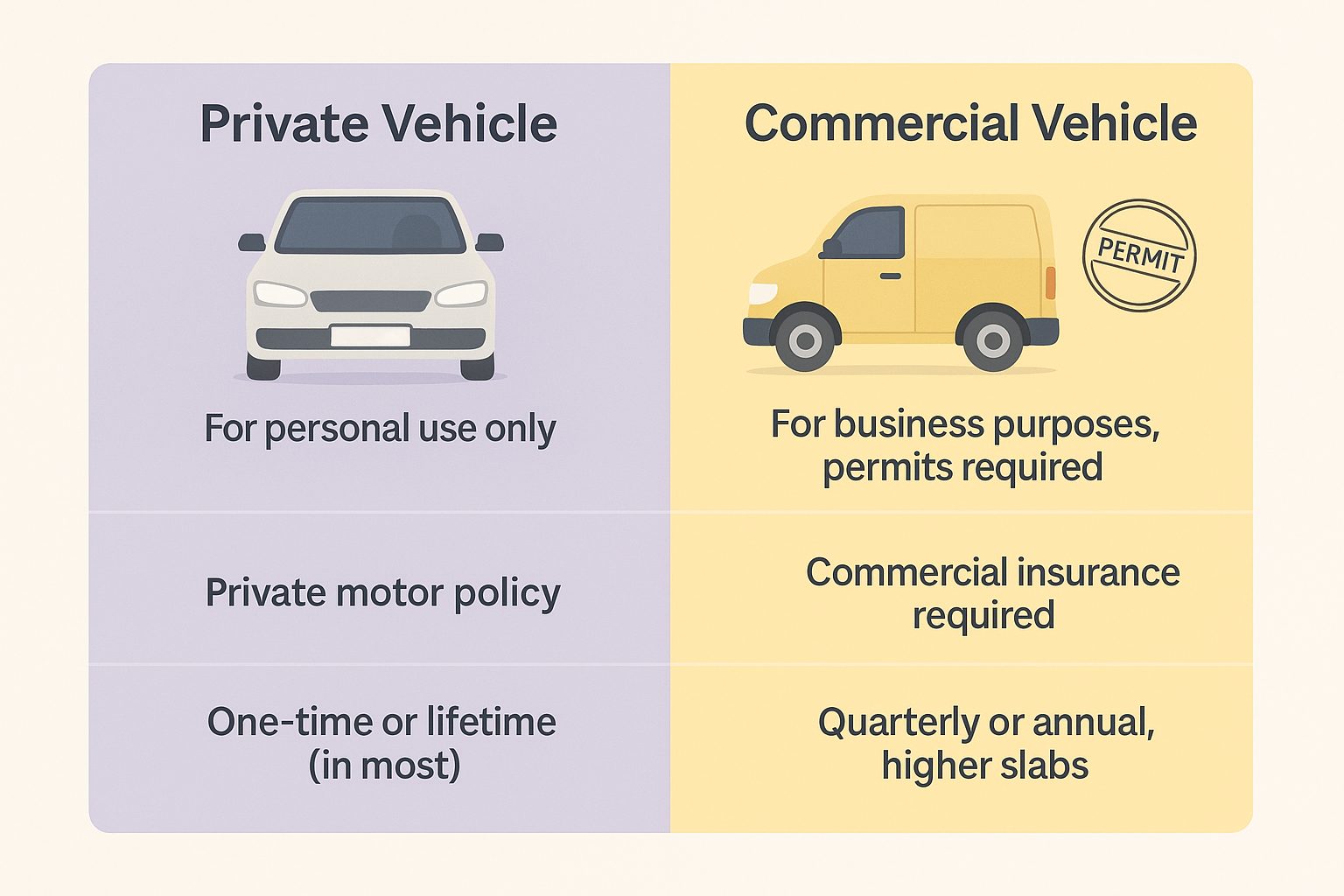
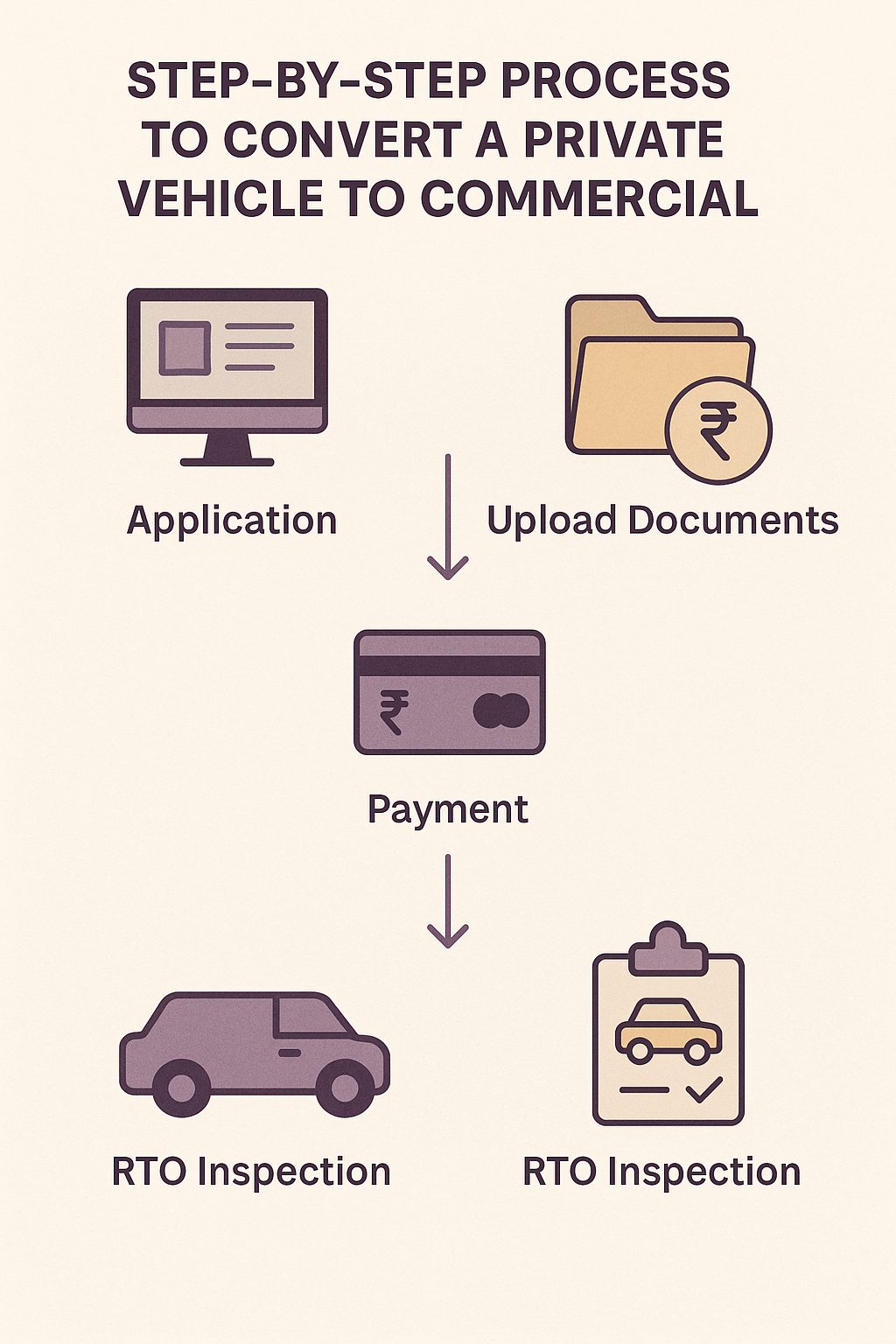

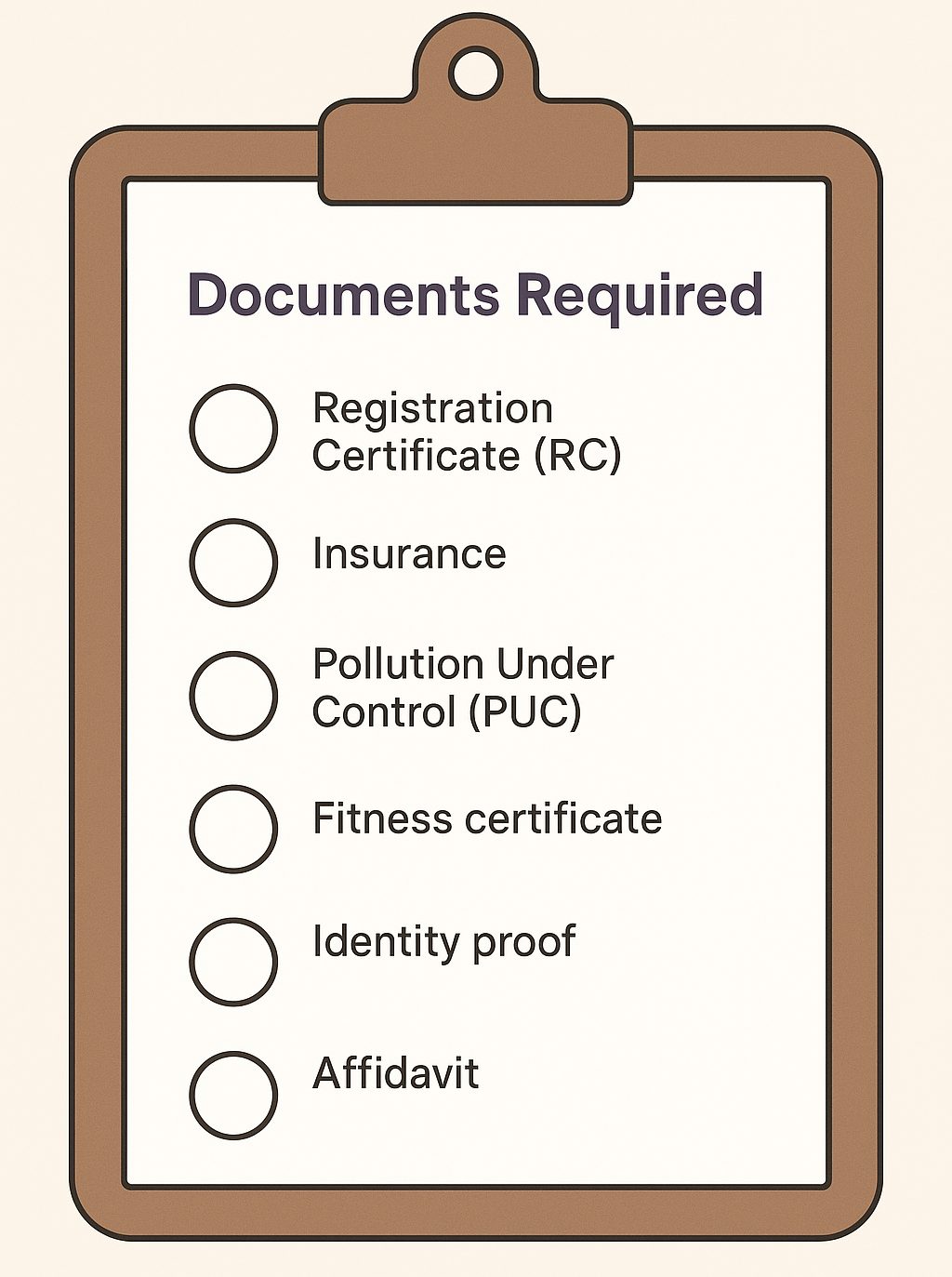
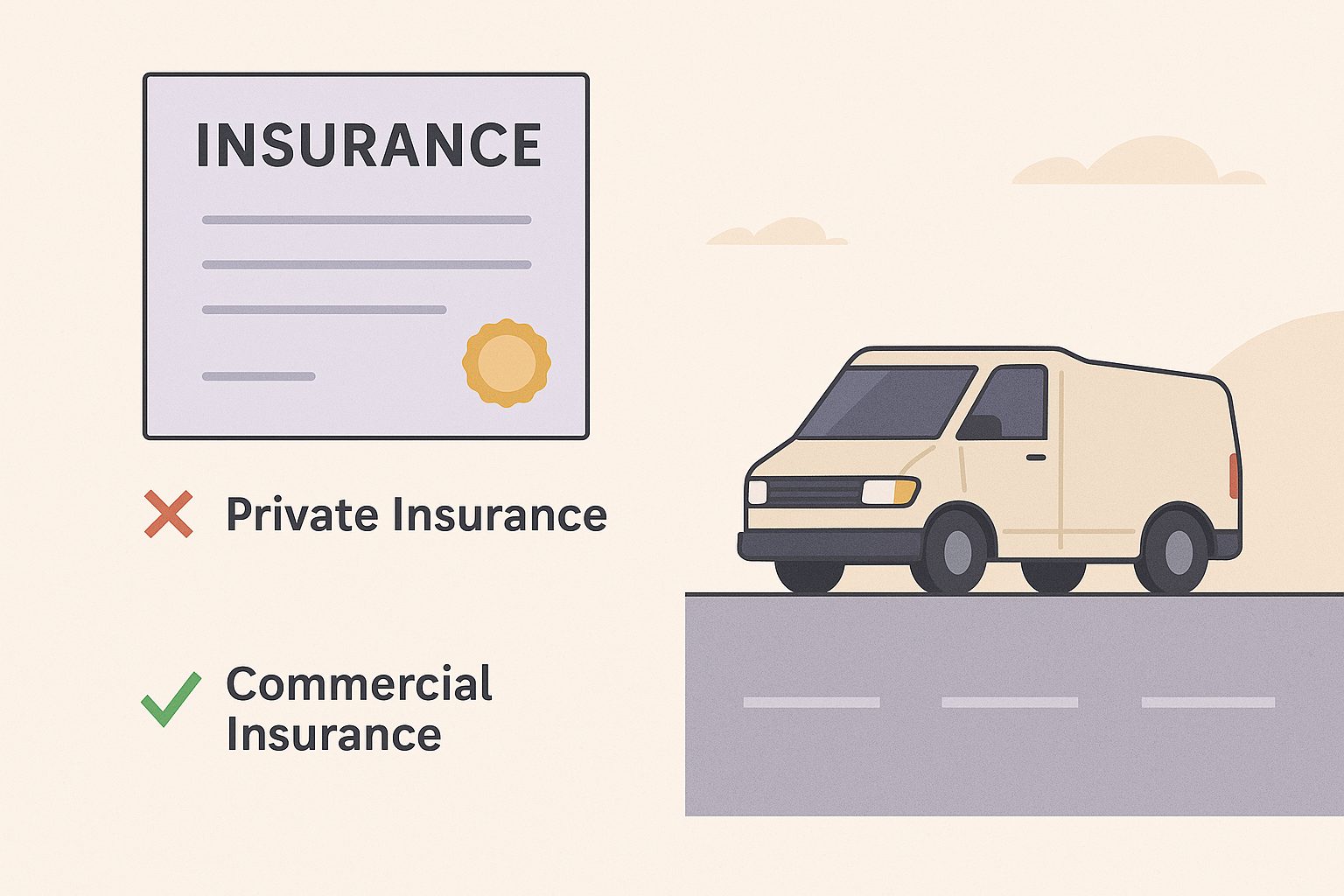
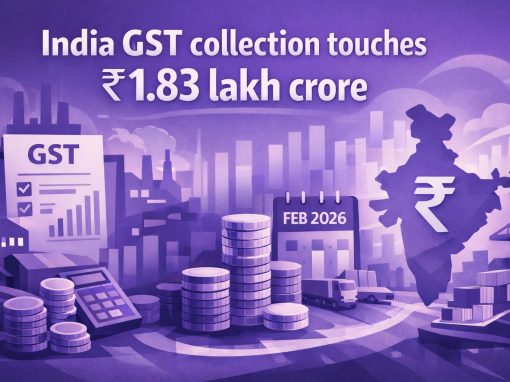


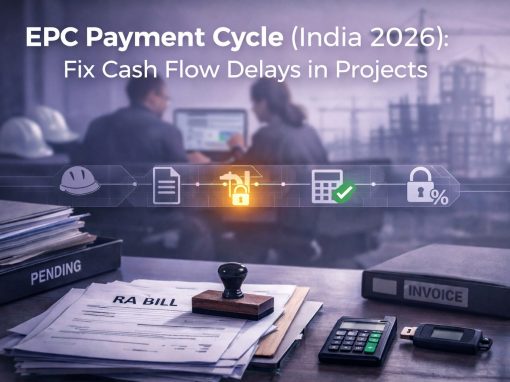
For what commercial purposes (taxi, goods carrier) can we require additional permits beyond the documents listed?
New car which I purchased recently that I want to change to Taxi passing
bhai apne krwa li private to taxi ??
Baike tasi me kareana hai
Good to know that the conversion process can be done online as well. You have mentioned a fee of around ₹1,000 for registration conversion. Does it vary depending on the vehicle type or location? Asking as the general road tax varies from state to state.
You’re right! Road taxes definitely differ from state to state, and it’s the same for registration conversion fees. The ₹1,000 mentioned is just a rough estimate, and the actual amount can change depending on your vehicle type and where you live
Sikkim permit
Please follow the steps given in the article and it is applicable for every RTO.
RJ02 number ko taxi me baike
how to Change the Private vehicle to commercial?
This guide is specially created for people who wants to change their private vehicle in commercial vehicle.
Private Vechile to comercial taxi
Contact me on WhatsApp 7567577837
Thanks very nicely explained
Any information on State and National permit? Commercial vehicles have to have a permit for legal purposes right?
How to convert a commercial vehicle to private?
I want change my private car to commercial please let’s me know urgently then I could change the same.
have you change your car to commercial . please let me know what was your expenses occured during the process .
Mine is a Karnataka registered vehicle. I wanted to start taxi services in Hyderabad since we are settled here. Can someone guide the process here please .. do I need tot change my vehicle registration to Hyderabad ? What would be the cost involved